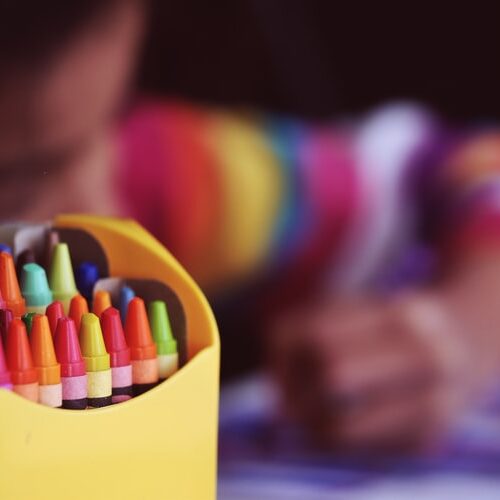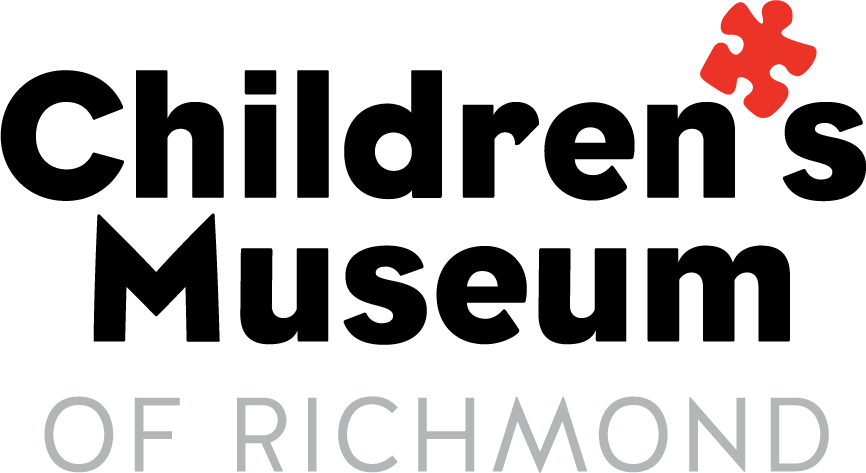Supporting Transitions
Anxious about how to navigate Back to School? Here are some helpful transition tips.
Published on August 24, 2020


With schools starting back and everything feeling topsy-turvy, we thought these resources were very timely and hopefully helpful…read on!
Making a Smooth Transition With schools in such an unusual state over the past few months, younger children (in grades preschool–2) may struggle to understand that the last school year ended and that, when they return to school this fall, the settings will have changed. Not only will COVID-19 guidelines bring new procedures, but most children will be entering a different grade, in a different classroom, with a different teacher and classmates, maybe partially or wholly online — all without benefit of the “ending” rituals of the prior year that help ease the transition from one school setting to another. To help families explain the upcoming transitions in ways that make sense, Melissa Butler, founder of the Children’s Innovation Project and the reimaginging project, and Junlei Li, the Saul Zaentz senior lecturer of early childhood education, provide simple strategies that families can start to use now at this website.
Supporting Transitions: Using Child Development as a Guide During the course of a child’s life, change is inevitable. Families move, siblings are born, school begins and, consequently, transitions happen. Knowing about children’s development can help us understand how children respond to transition. In addition, when program staff collaborate with families, they can learn how individual children experience change. The suggestions in this resource can help. https://eclkc.ohs.acf.hhs.gov/publication/supporting-transitions-using-child-development-guide (English) https://eclkc.ohs.acf.hhs.gov/es/publicacion/apoyo-las-transiciones-uso-del-desarrollo-infantil-como-guia (Spanish)
Supporting Smooth Transitions into Kindergarten During the COVID-19 Pandemic The transition to kindergarten can be a stressful time for students and families even in normal times. And we’re not living in normal times. Communities across the country are being forced to get creative with how to ensure a smooth transition to kindergarten in a time where in-person activities and communication might not be possible. This article offers suggestions for ways in which programs can support an effective process, whether it’s actual or virtual. https://www.newamerica.org/education-policy/edcentral/supporting-smooth-transitions-kindergarten-duringcovid-19-pandemic/
The Leadership Team’s Guide for Re-Opening Programs This document from the National Center for Pyramid Model Innovations (NCPMI) guides local program leadership teams on considerations for supporting children, families, and staff as they return to the program. It includes wellknown Pyramid Model practices and encourages practitioners to think about those strategies from a trauma informed perspective. This approach can guide programs in providing a safe and nurturing environment where children, families, and staff can build resilience, feel safe, and recover. https://challengingbehavior.cbcs.usf.edu/docs/Leadership_ReOpening_Guide.pdf
The Gift of Language: Each transition gives family members and professionals the opportunity to reflect on and appreciate the unique gifts that each child brings. This brief video uses the words and feelings of children to express the importance of incorporating each child’s “gifts” in any setting. https://www.coxcampus.org/the-gift/
This article was shared from Natural Resources Each issue features high quality, readily available, and free resources on a specific topic related to children from birth through Grade 3, their families, and the professionals and systems that serve and support them. Natural Resources is compiled and distributed by Camille Catlett, and past issues are archived at https://scriptnc.fpg.unc.edu/natural-resources-monthly-newsletter To get more information, please contact Camille Catlett at camille.catlett@unc.edu
